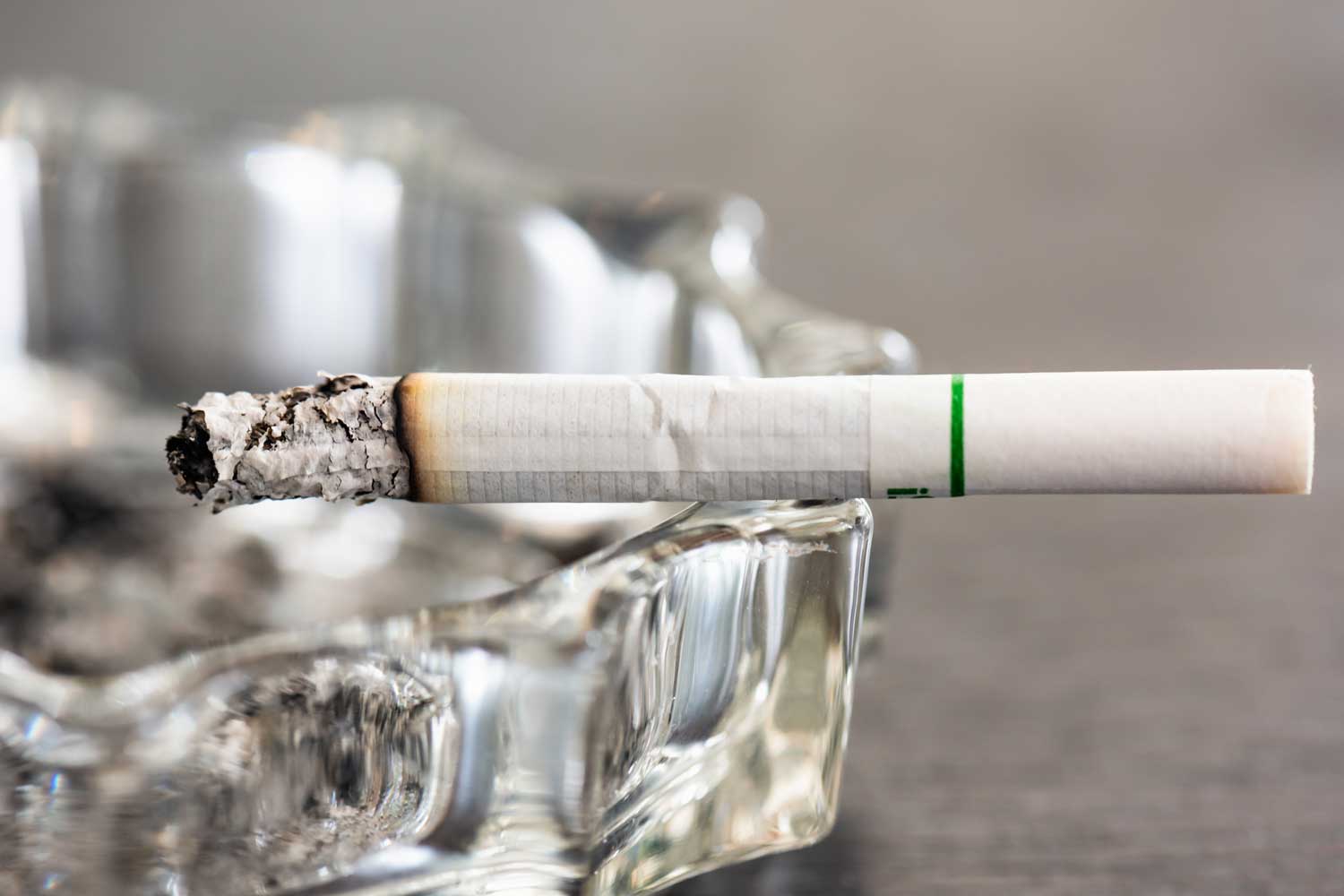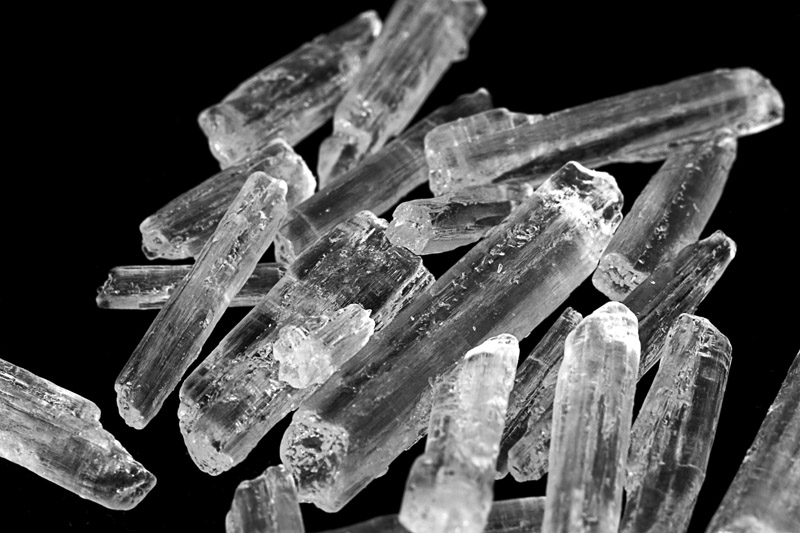
The Biden administration is likely to announce its intention to ban menthol cigarettes tomorrow, people familiar with the plan told CBS News. It is unknown if the law would impact menthol and ice flavored e-liquids in vaping products.
Such a move would have considerable impact on the tobacco industry, however, because menthol cigarettes account for roughly one-third of the U.S. cigarette market. Approximately 20 million Americans smoke menthols, according to the Food and Drug Administration.
Mentholated cigarettes have been marketed in the U.S. since the 1920s. Critics want to see them banned because they believe that, by masking the harshness of tobacco smoke, menthol makes it easier to start smoking and harder to quit. While overall smoking has trended downward in recent years, menthol declines have dragged behind other products. The tobacco industry insists that menthol cigarettes are no more harmful to health than nonmenthol cigarettes.
Cigarette manufacturers have also come under fire for marketing menthol cigarettes disproportionately to Black Americans, highlighting racial inequities. More than 85 percent of Black smokers report using menthol products, as do more than half of all youth who smoke, according to government data.
The 2009 Family Smoking Prevention and Tobacco Control Act empowered the FDA to regulate cigarette ingredients. The agency duly banned characterizing flavors in cigarettes. However, it exempted mentholated cigarettes, citing concerns about illicit sales, among other considerations.
In 2011, the FDA’s Tobacco Products Scientific Advisory Committee concluded that “removal of menthol cigarettes from the marketplace would benefit public health in the United States,” but the additive remained on the market. In early 2020, the Trump administration again gave menthol a pass when it banned characterizing flavors in vapor products.
While the U.S. wavered, other jurisdictions charged ahead. Brazil outlawed menthol along with all flavored cigarettes in 2012, followed by Turkey in 2015 and the European Union and the United Kingdom in 2020.
Tired of what they perceived as FDA foot-dragging, anti-smoking and racial justice groups sued the agency. The judge in the case instructed the FDA to respond to this citizens’ petition by April 29.
There is no factual basis to assert that a menthol cigarette ban will stop people of color from smoking.
Benjamin Chavis, president and CEO, NNPA
Advocates of the ban say the decision about whether to move ahead is ultimately President Biden’s. Banning menthol cigarettes has Democratic support in Congress too. Senator Dick Durbin, Representative Raja Krishnamoorthi and Representative Bobby Rush recently argued that the FDA has a “duty” to ban menthols. “These failures to protect children, particularly African American children, from a path to addiction are inexcusable,” they told the administration.
If enacted, a ban would not take effect overnight. Industry analysts expect the implementation of any plan to remove menthol cigarettes from the U.S. market to take years. The FDA, which does not yet have a permanent commissioner in place, would have to go through a lengthy rulemaking process, consider potential consequences, such as illegal sales and racial injustice, and solicit public input.
“In essence, such an announcement would simply be a way to tell the public, as well as the tobacco industry, that the agency intends to ban the flavoring in cigarettes,” Pebbles Fagan, the director of the Center for the Study of Tobacco at the University of Arkansas for Medical Sciences, told NBC News. “The rulemaking process would likely take several years to finalize and implement. That would provide time to boost smoking cessation programs targeting menthol smokers.”
The American Civil Liberties Union and dozens of other criminal justice groups warned the White House and Health and Human Services Secretary Xavier Becerra that a ban on menthol cigarettes would have “serious racial justice implications.”
The National Newspaper Publishers Association (NNPA), representing more than 200 African American-owned community newspapers from around the United States, and leading Black and Hispanic law enforcement executives, too, have urged the FDA to keep menthol cigarettes legal.
“It is clear that there is no factual basis to assert that a menthol cigarette ban will stop people of color from smoking,” says Benjamin Chavis, president and CEO of the NNPA. “In fact, the unintended consequences of such a racially discriminatory ban will set the stage for more negative and more likely counterproductive interactions between law enforcement and people of color.”
Supporters of barring menthol products say that a federal ban would focus on retailers selling products and would not criminalize personal use or possession. But critics say that it could be inevitable as a black market grows for illegal cigarettes.
Biden has pledged to address racial inequities in both criminal justice and healthcare, setting up for what could be an intense balancing act with critics arguing that a ban could increase police brutality and the incarceration of Black Americans.

